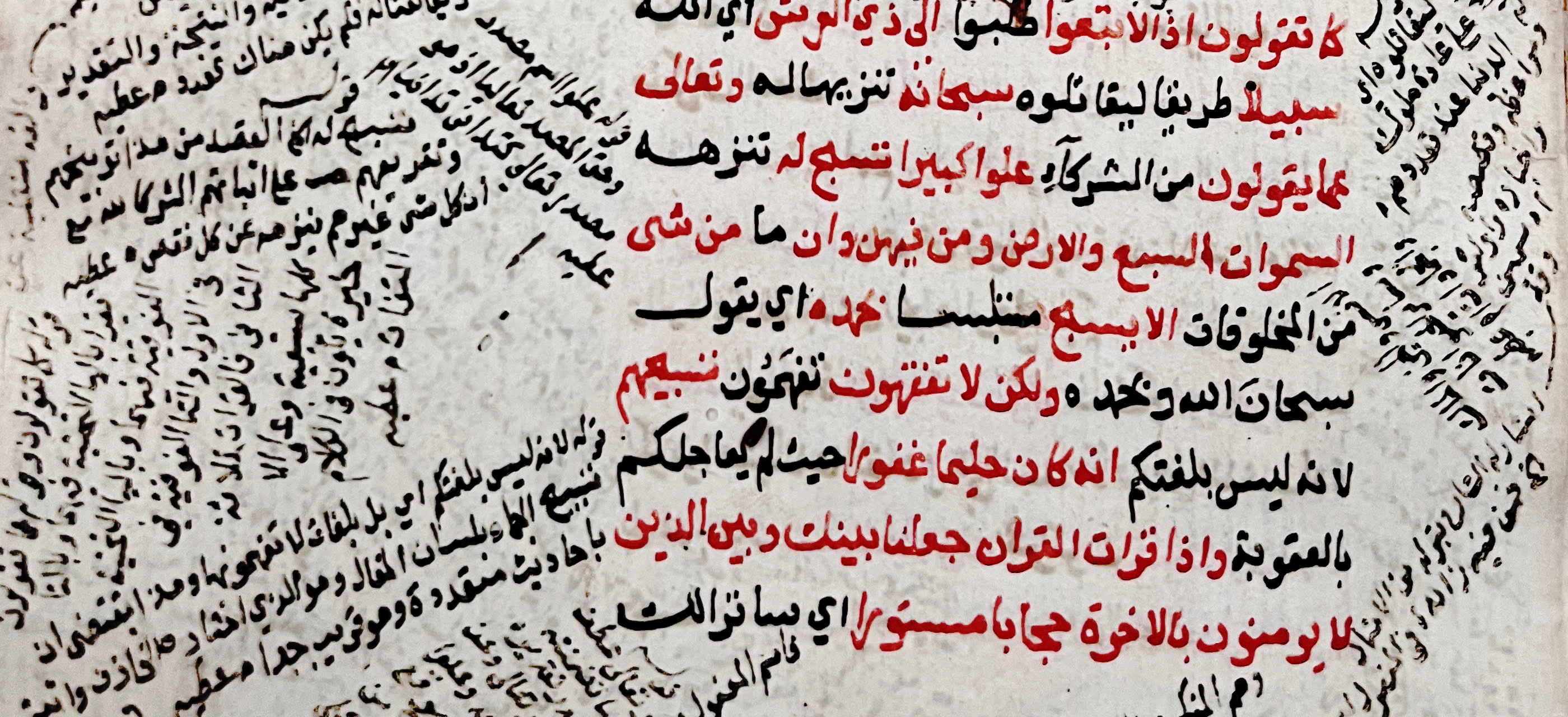Transoceanic Orientalism and Embodied Translation in Sayyida Salme/Emily Ruete’s Memoirs
Contenu
- Titre
- Transoceanic Orientalism and Embodied Translation in Sayyida Salme/Emily Ruete’s Memoirs
- Auteur
- Oruc, Firat
- Date
- 2019
- Dans
- Hawwa
- Résumé
- Emily Ruete’s Memoirs of an Arabian Princess was first published, in German, in 1886, on the threshold of the nineteenth-century imperialist “Scramble for Africa.” Ruete’s exilic relationship with both Europe and Africa made her an insider-outsider, well positioned to capture the imperial stage of Enlightenment Orientalism in flux and transmit it across the oceans to a public who would have found the life she describes unimaginable. In relaying the story of how Sayyida Salme became Emily Ruete, the Memoirs employs a mode of translation that is simultaneously linguistic, cultural, religious, and material. In Ruete’s case, translation is an embodied act. As a translator, Salme/Ruete critically and comparatively translates Zanzibar, and by extension the “Orient,” for a Western audience by virtue of her body being able to enter into and to pass through multiple social and cultural spaces.
- Sujet
- Zanzibar
- Langue
- eng
- volume
- 17
- numéro
- 1
- pages
- 1-20
- Titre abrégé
- Hawwa
- doi
- 10.1163/15692086-12341347
- issn
- 1569-2078, 1569-2086
Position : 18634 (28 vues)

